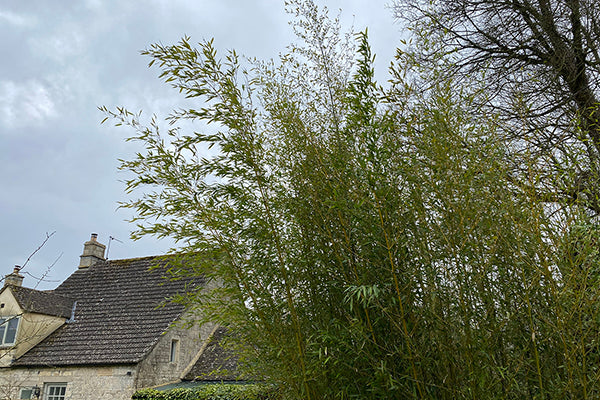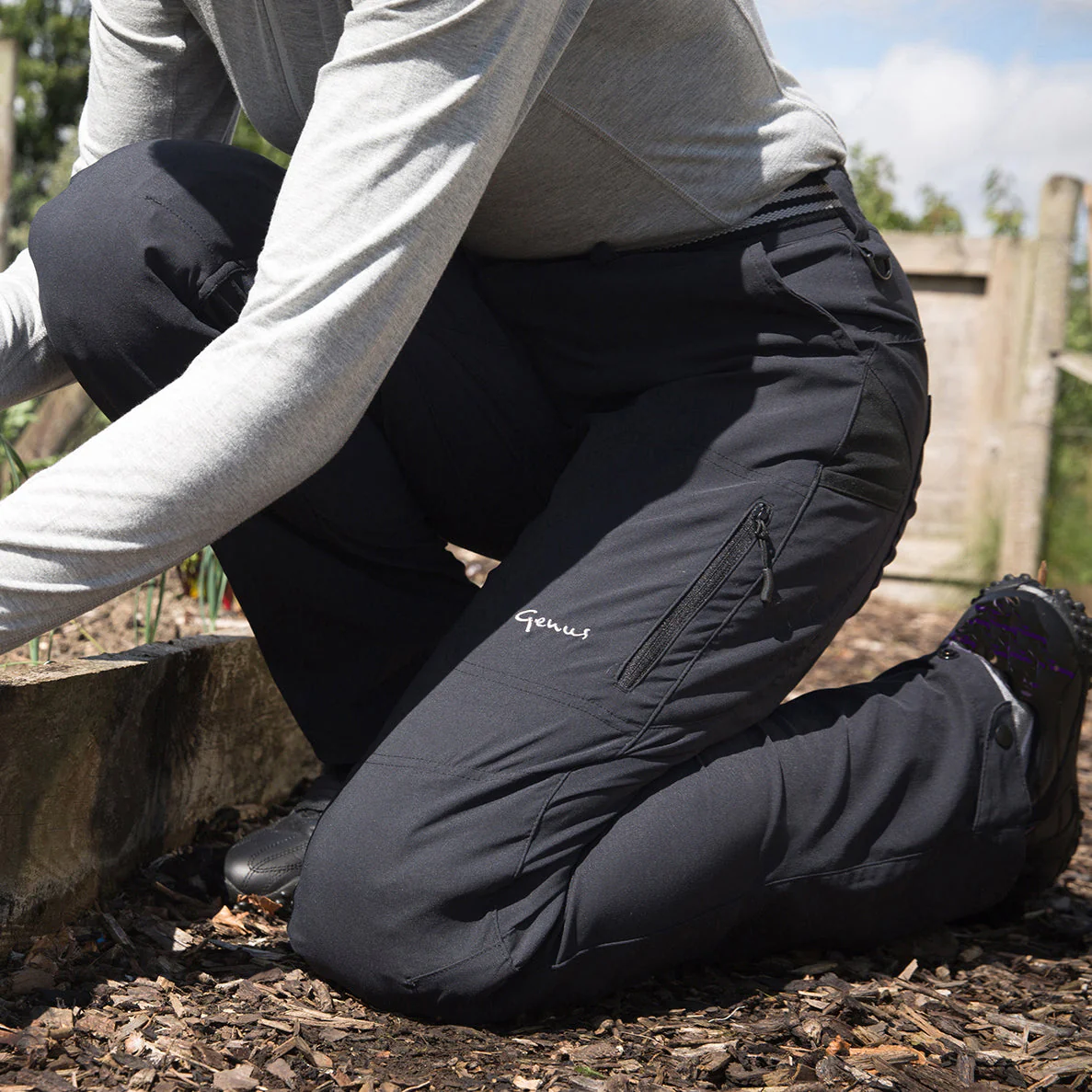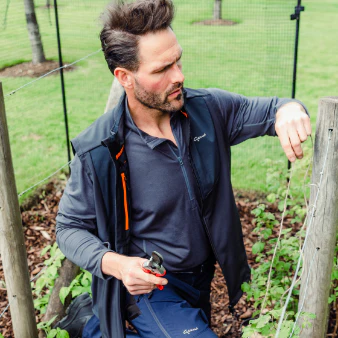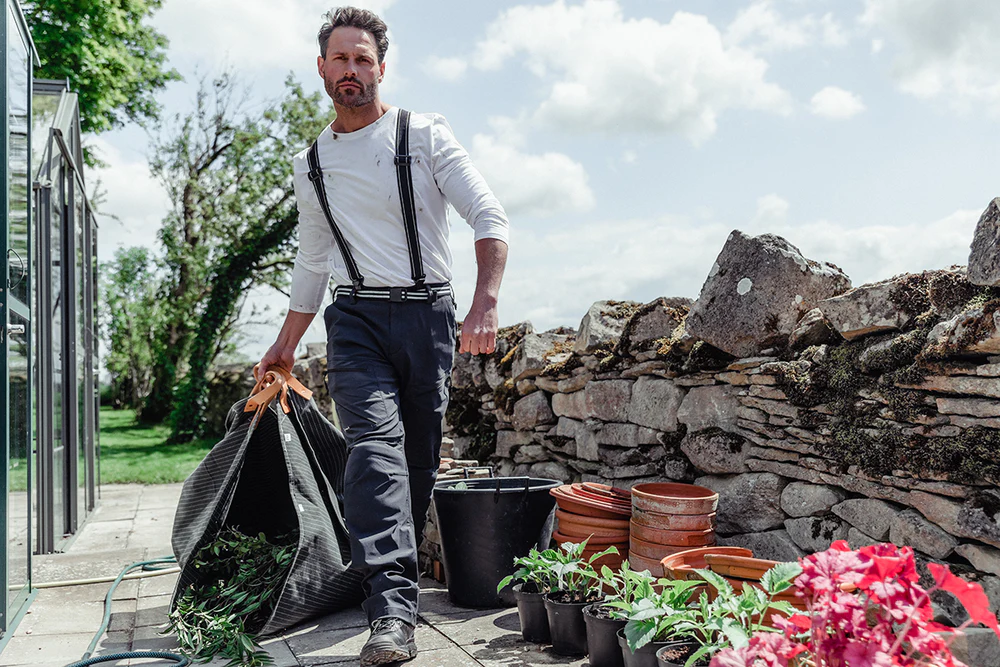Body, soul and gardening - relaxing sounds

Immersing yourself in the sensory elements of the garden is a great way of creating a haven from the busy world. And while the health benefits of a garden’s visual impact has been well researched, a recent study by the National Trust explores how the sounds of nature such as the crunch of leaves and trickling water can make us feel more relaxed.
Trees like birch, with their fluttering leaves, make a gentle swishing sound in the breeze, and tall bamboo varieties rustle as they move. Larger oriental grasses like miscanthus can also make a lovely noise in the wind and Briza maxima has seed heads that rattle when dry. For more drama, larger leathery-leaved plants such as phormium or trachycarpus can be veritably noisy on a windy day.
The joyful sound of birds and busy hum of insect can be encouraged with plants that supply seeds, pollen, nectar and fruit. Bees love herbs such as rosemary and lavender, while trees are useful hiding and perching spots for birds. Add some bird feeders and bird baths for extra encouragement!
In order to dampen unwanted traffic noise use hedge plants with dense foliage such as yew and Portuguese laurel Prunus lusitanica. Running water is also invaluable for this, and whether it’s a gently bubbling water bowl or a trickle of water flowing from a spout, it’s one of the most beautiful and evocative sounds for the garden.
Gardens are rarely silent, so next time you need a bit of calm, go outside, take a few deep breaths and listen out to the music of nature all around you.











